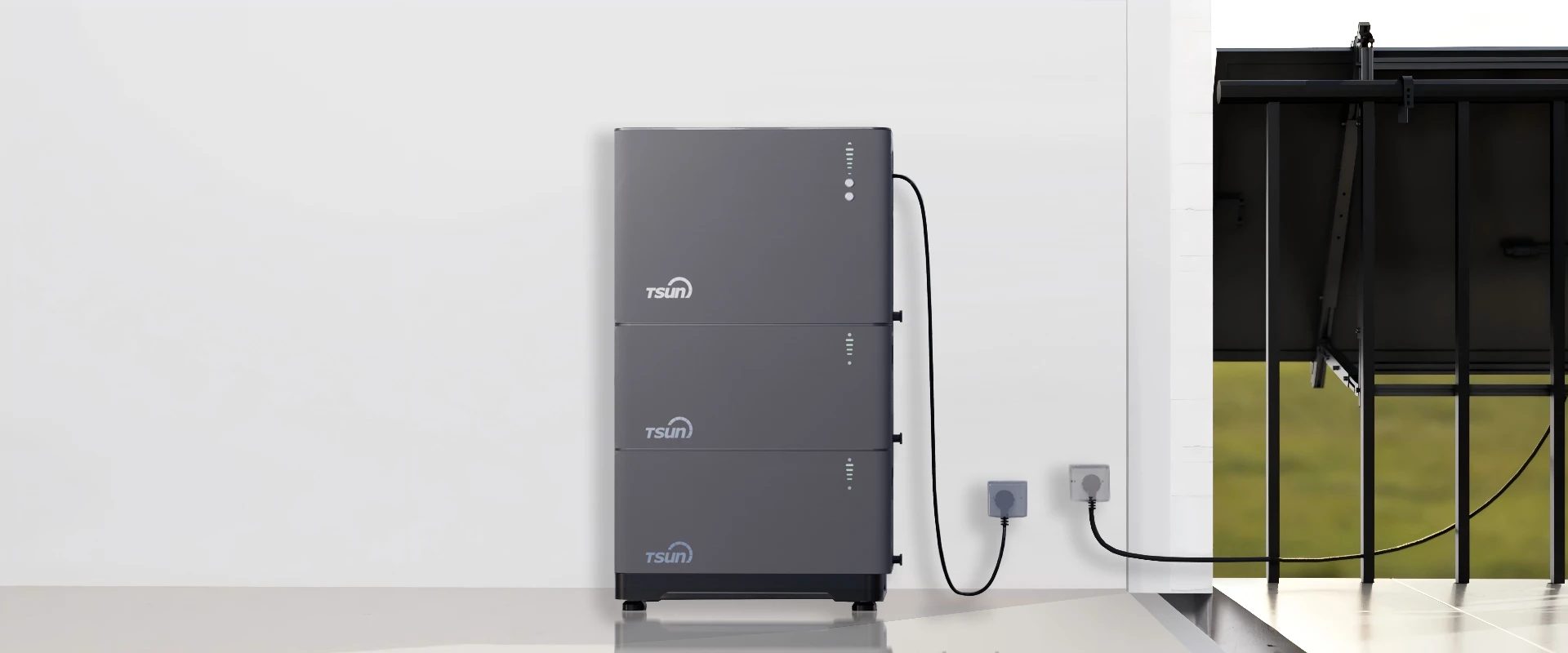Easy Solar Kit (with microinverter)
 LEARN DETAILS
LEARN DETAILS
 News
News
Table of contents
Home Power Battery Storage The Future of Energy Independence
As the world moves towards a more sustainable and resilient energy system, home power battery storage is rapidly becoming a pivotal component of modern energy solutions. With increasing concerns about climate change, rising electricity costs, and the unreliability of traditional power grids, homeowners are turning to battery storage systems to harness and utilize renewable energy effectively.
Understanding Home Power Battery Storage
Home power battery storage systems are essentially rechargeable batteries that store energy for later use. Typically, these systems are integrated with solar panels, allowing homeowners to store excess solar energy generated during the day for use at night or during periods of low sunlight. This technology not only maximizes the use of renewable energy but also provides a backup power supply in case of grid outages, significantly enhancing energy resilience.
Benefits of Home Power Battery Storage
1. Energy Independence One of the most significant advantages of home battery storage is the potential for energy independence. Homeowners can reduce their reliance on the grid and save on electricity bills by using stored energy during peak hours when electricity rates are highest. This independence is particularly appealing in regions prone to power outages or where electricity prices are volatile.
2. Environmental Impact Battery storage systems facilitate the integration of renewable energy sources like solar and wind. By storing excess energy generated during peak production times, these systems reduce the need for fossil fuel-based power generation, contributing to lower greenhouse gas emissions and a smaller carbon footprint.
3. Increased Self-Consumption For homeowners with solar panels, battery storage maximizes self-consumption. Instead of sending excess energy back to the grid (often at a lower rate), homeowners can store it and use it when they need it most, thereby reaping the full financial benefits of their solar investment.

4. Backup Power In the event of a power outage, a home battery storage system can provide essential power to keep lights on, refrigerators running, and devices charged. This peace of mind is invaluable, especially in areas susceptible to severe weather or other disruptions.
5. Smart Home Integration Many modern home battery systems come equipped with smart technology that allows for monitoring and management via smartphones or tablets. Homeowners can track their energy usage, optimize charging and discharging schedules, and make informed decisions about their energy consumption.
Challenges and Considerations
While the benefits of home power battery storage are clear, there are challenges to consider. The initial cost of purchasing and installing a battery system can be significant, although prices have been steadily decreasing over the past few years. Homeowners should also consider the capacity of the battery system, ensuring it meets their energy needs, and the expected lifespan of the battery, which typically ranges from 5 to 15 years.
Additionally, the environmental impact of battery production and disposal is an important consideration. It’s essential to choose battery technologies that are sustainable and have recycled materials. Lithium-ion batteries, for instance, are currently the most common type for home storage, but researchers are exploring alternatives like solid-state batteries and flow batteries, which may offer improved environmental profiles.
The Future of Home Power Battery Storage
Looking ahead, the future of home power battery storage appears promising. Technological advancements are likely to lead to more efficient and affordable systems. As renewable energy continues to gain traction, policy support and incentives for battery storage installation are also expected to grow, making the transition to sustainable energy storage more accessible for homeowners.
In conclusion, home power battery storage represents a significant step towards energy independence and sustainability. By harnessing the power of renewable energy, homeowners can not only reduce their energy costs and carbon footprint but also contribute to a more resilient energy future. As technology evolves and innovation in this space continues, home battery storage is poised to play a critical role in the ongoing transformation of how we generate, store, and consume energy.

